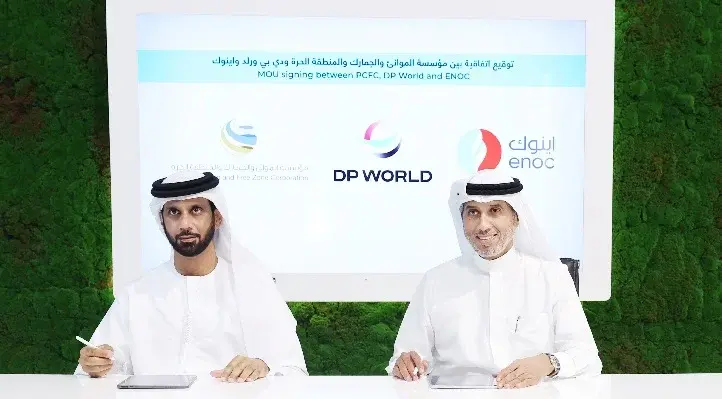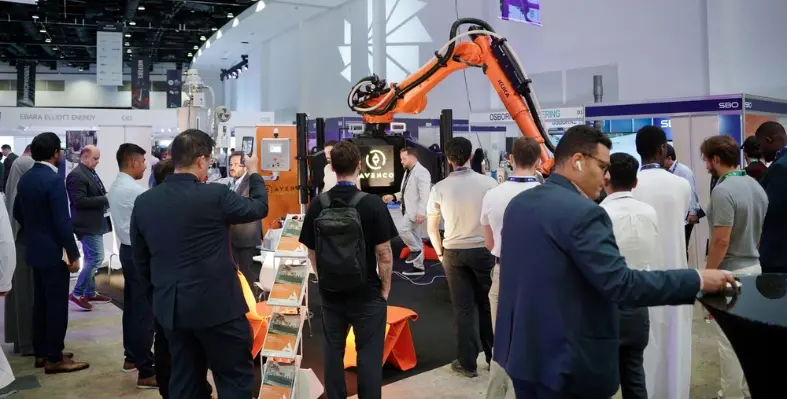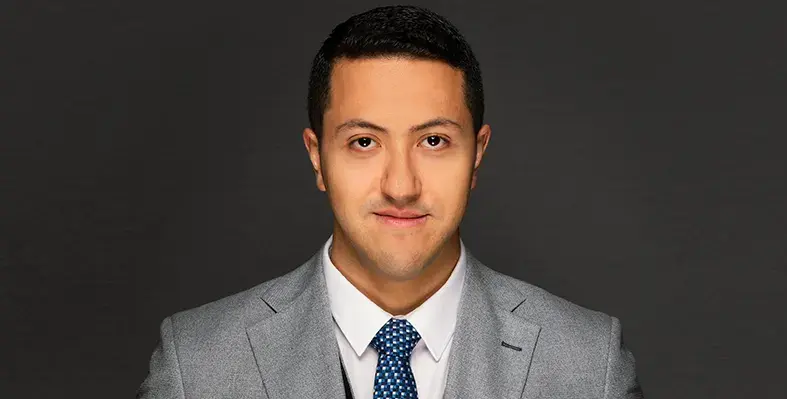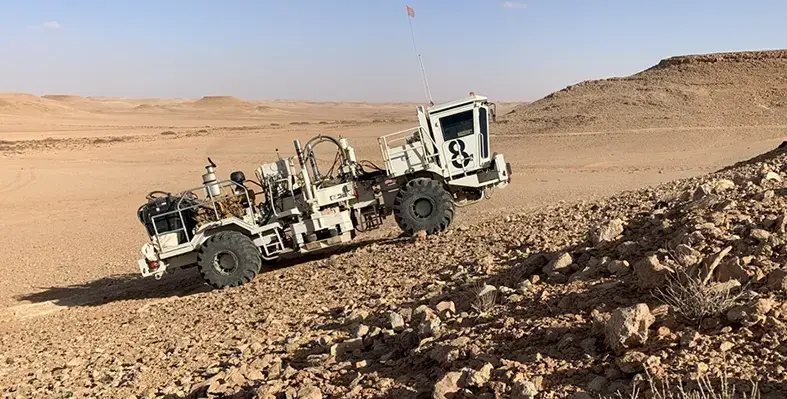
The agreement will foster collaboration in key sectors such as energy, logistics, infrastructure, and other related industrial sectors. (Image source: ENOC Group)
ENOC Group has signed an agreement with DP World and the Ports, Customs and Free Zone Corporation (PCFC), a leading provider of end-to-end supply chain solutions, to jointly explore global and local opportunities across key sectors such as energy, logistics, infrastructure, and other related industrial sectors
The agreement establishes a framework to co-operate on developing strategic projects that support Dubai’s economic growth, energy diversification, and infrastructure development, combining DP World’s global logistics network, PCFC’s regulatory and infrastructure capabilities, and ENOC’s expertise across the energy value chain.
H.E. Nasser Abdulla Al Neyadi, CEO of PCFC and group chief security officer at DP World, said, “At the Ports, Customs and Free Zone Corporation, we are proud to collaborate strategically with ENOC and DP World in alignment with the vision of our leadership and Dubai’s ambition to reinforce its role as a global hub for trade, energy, and logistics. This partnership is a big step toward greater integration of our economic and logistics ecosystems, advancing sustainability, and unlocking new horizons for investment and development locally and internationally, in support of the Dubai Economic Agenda D33”.
Hussain Sultan Lootah, acting group CEO, ENOC, said, “This strategic partnership with DP World and PCFC reinforces ENOC’s unwavering commitment to driving operational excellence, energy resilience, and sustainable growth. By jointly exploring transformative opportunities across the energy and logistics value chains, we are proud to support Dubai’s vision to lead on the global stage as a hub for innovation, integration, and sustainable development.”













